FPX Nickel cuts Baptiste carbon footprint

FPX Nickel made improvements to the Baptiste nickel project in central British Columbia. These changes have enhanced project economics, mine operability and significantly reduced greenhouse gas emissions. Funding from BC Hydro will support electrification studies for Baptiste, advancing BC’s and Canada’s critical minerals strategy.
Using trolley-assist haul truck systems, diesel consumption at Baptiste has been cut by about 50%. This optimization has lowered the mine’s carbon intensity to 1.2 tonnes elemental carbon dioxide per tonne of nickel produced, putting it among the lowest of global nickel producers and halving the emissions reported in the 2023 preliminary feasibility study (PFS).
“Our plans to adopt best-in-class mining technologies are expected to enable Baptiste to be one of the lowest-carbon nickel operations in the world, “ said president and CEO of FPX Nickel Martin Turenne. “The optimization of our approach to mine planning highlights our made-in-Canada advantage.”
The 2023 PFS shows Baptiste will be a high-margin, low-carbon nickel mine, producing an average of 59,100 tonnes per year over a 29-year mine life. Baptiste can produce high-grade concentrate for the stainless steel industry or further refine it for electric vehicle batteries.
The economics of the PFS are strong with an after-tax net present value of US$2.01 billion at an 8% discount rate, an internal rate of return of 18.6% at a price of US$8.75/lb. of nickel, and a payback period of 3.7 years.
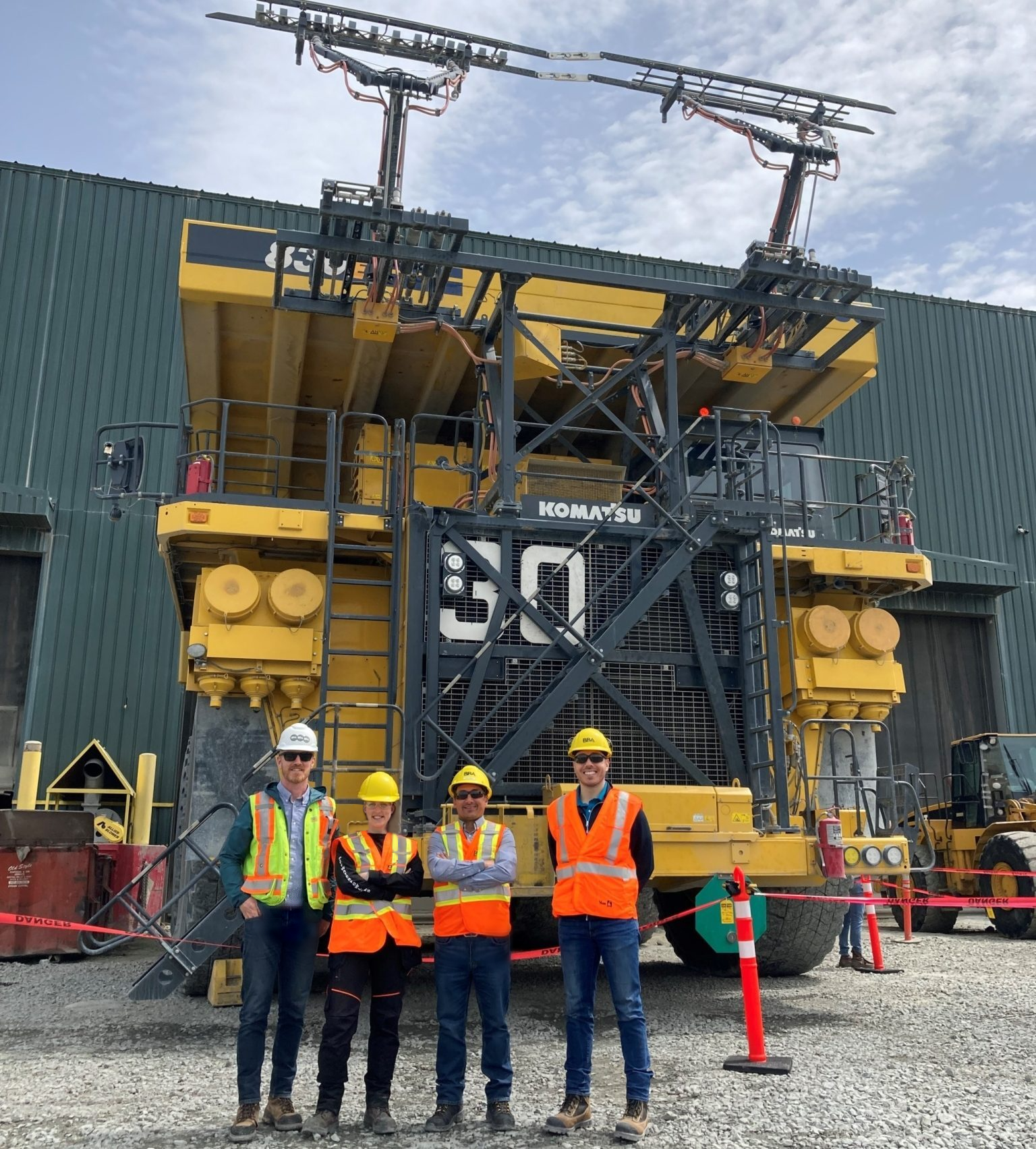
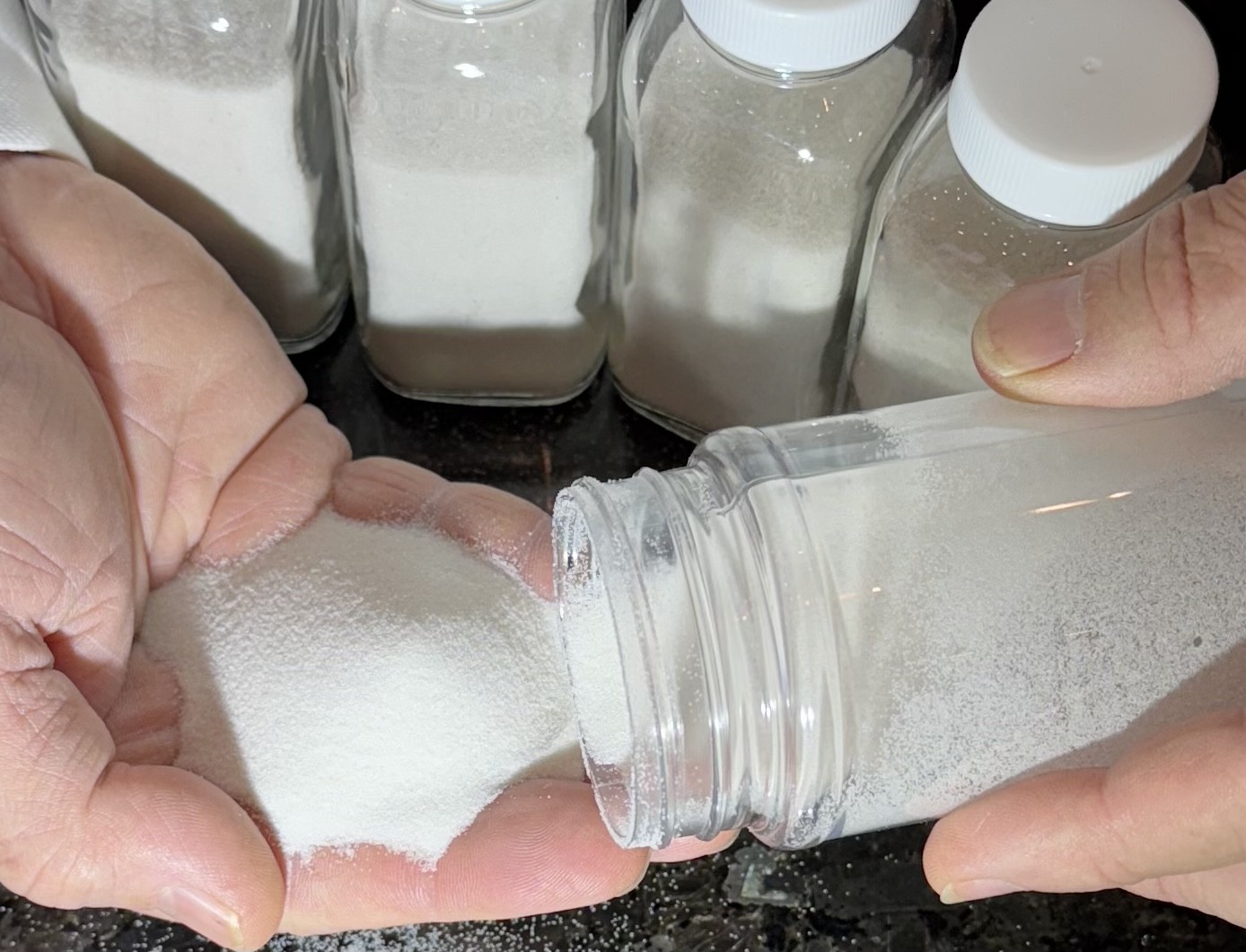
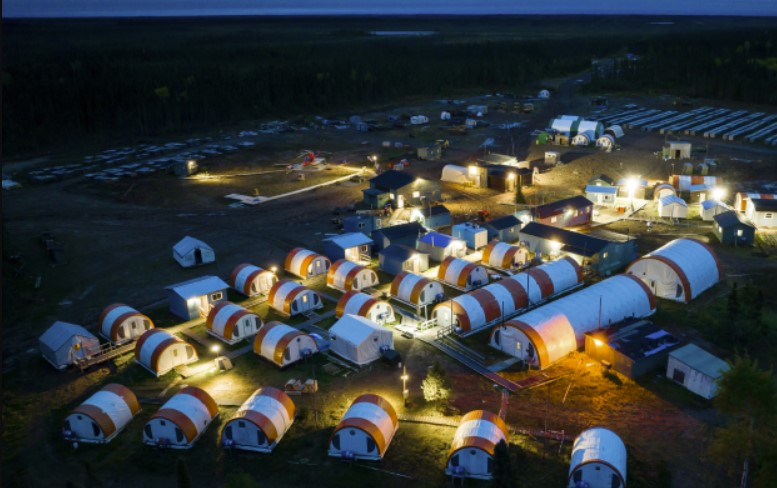
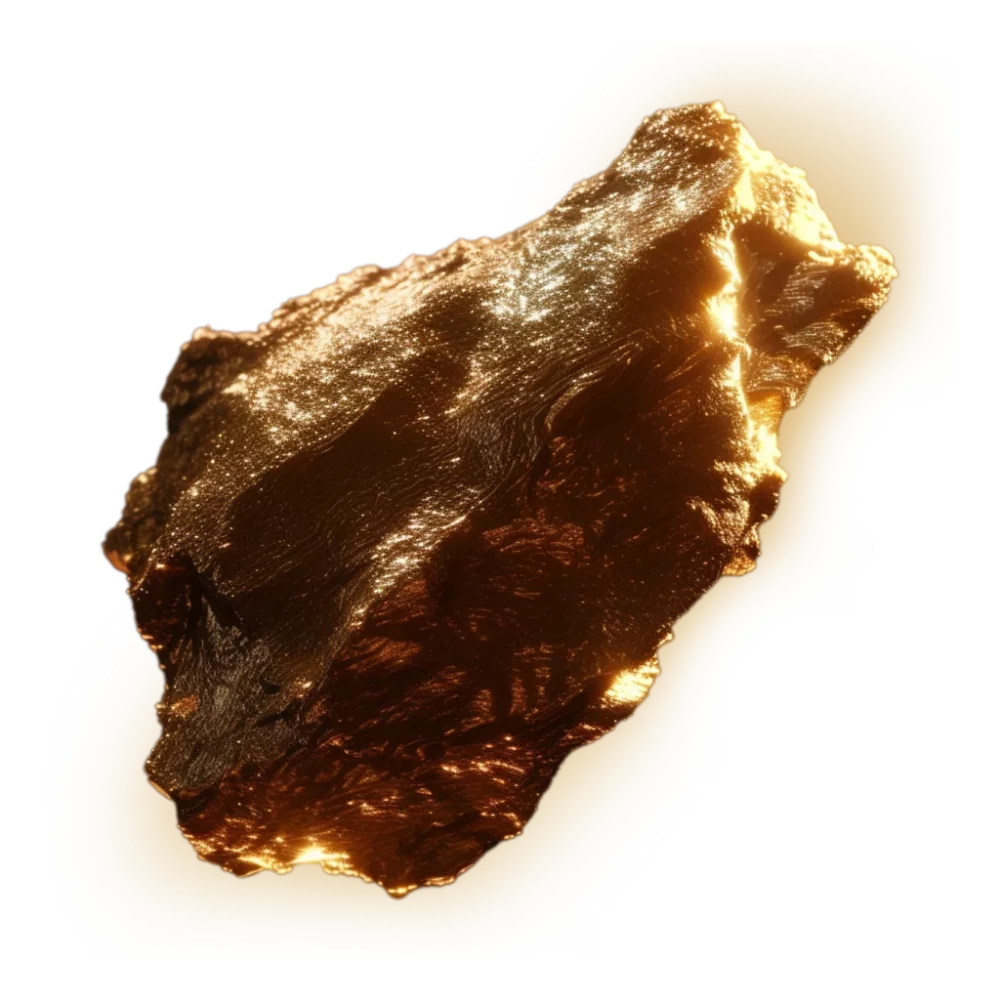
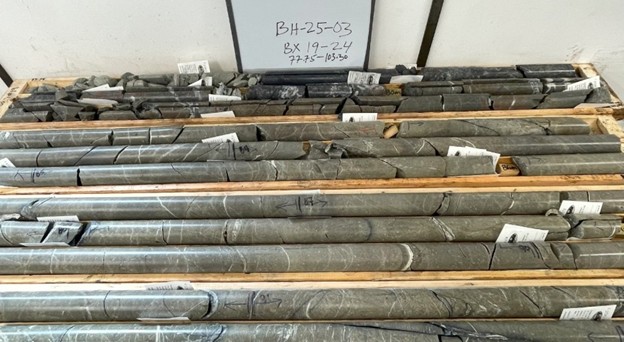
Comments